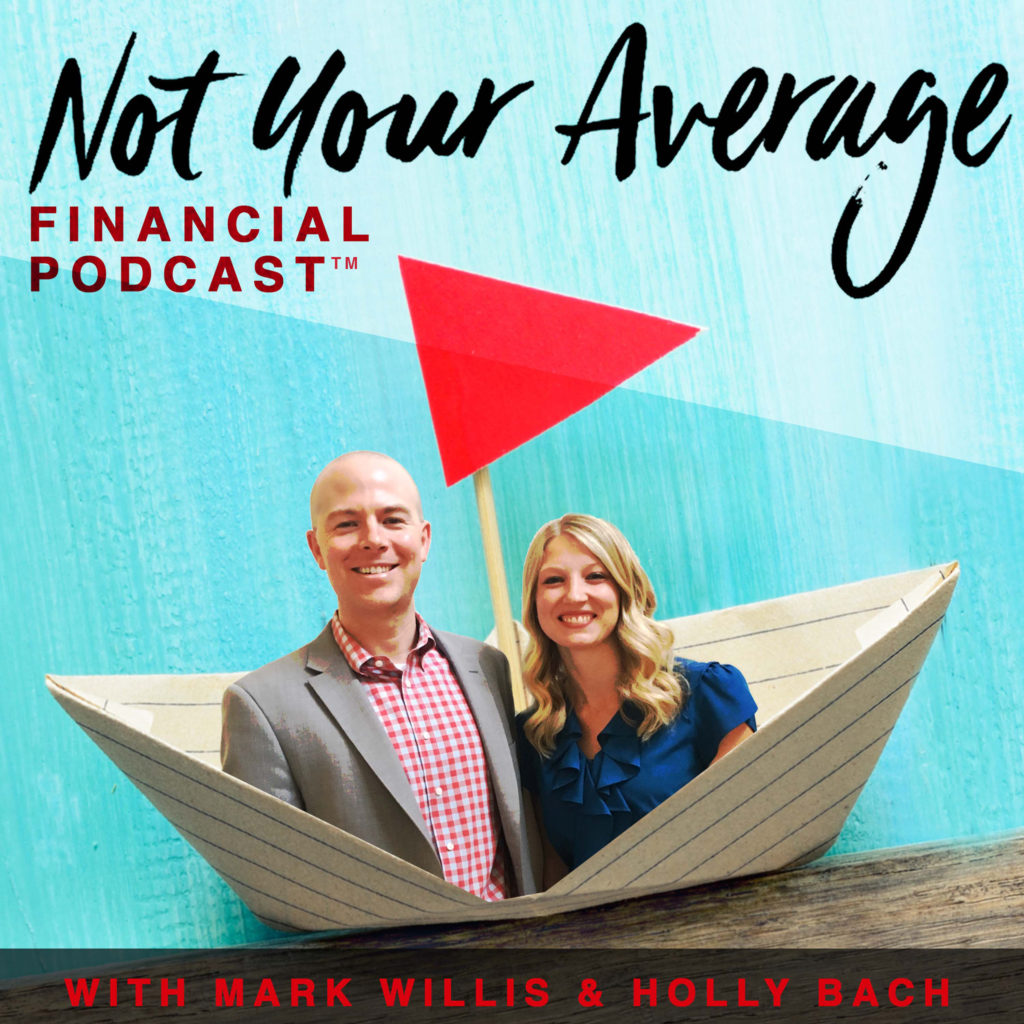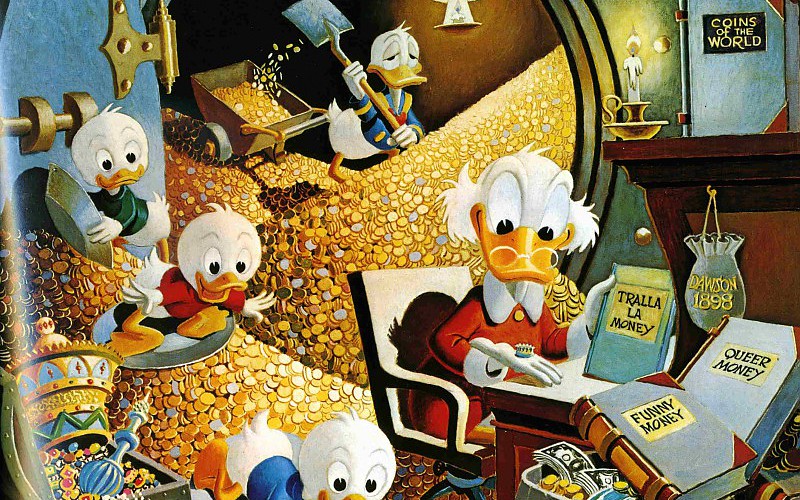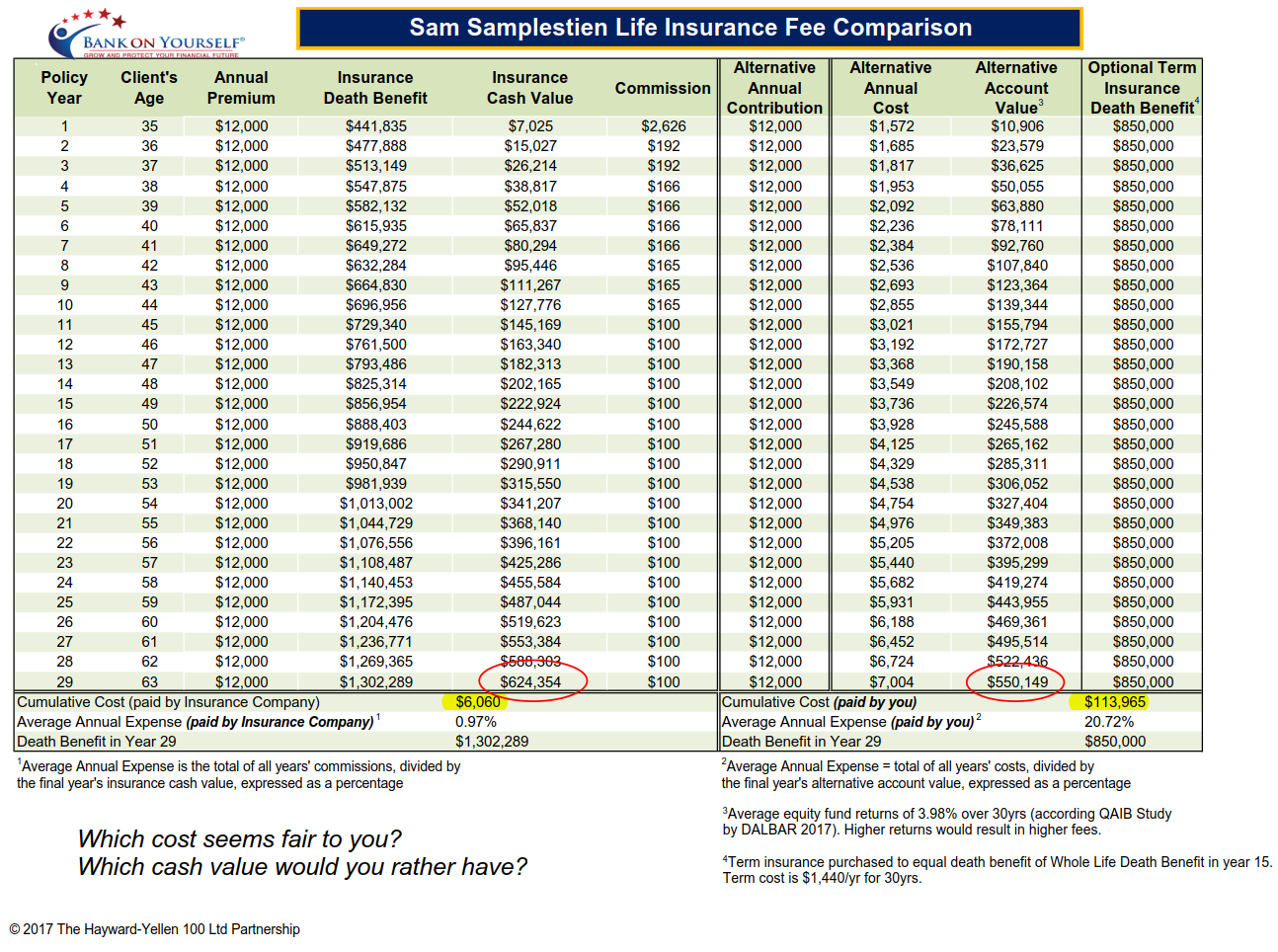Podcast: Play in new window | Download
Subscribe: Apple Podcasts | Android | RSS
In this episode, we ask:
- What do emotions have to do with money?
- Did you know that people spend more when they’re sad?
- Have you heard of tulip mania?
- How does shame or fear play into buying decisions?
- How does greed affect us?
- What about buy-and-hold index funds and strategies?
- What about the emotions with Bitcoin?
- Do you feel shame when you don’t understand money?
- Do you feel shame when you lose money in the market?
- Do you feel scared of making another mistake?
- How are arrogance, greed, shame and fear all the same?
- How about emotions about money at work?
- How does this reveal the human heart?
- Have you felt that pit in your stomach?
- What forces you to face the raw stuff of life?
- What training did you receive around how to manage emotions around money?
- What happens with a sizable loss in your investments? Can it lead to a shorter lifespan?
- What is a wealth shock?
- How is wealth shock like heart disease?
- Has your physician asked you how money is affecting your (the patient’s) health?
- How has the digital era ushered in new conveniences in spending?
- What about saving for retirement and future plans?
- How do your emotions affect your relationships with money?
- How does Wall Street use emotion?
- What are the two types of money we interact with?
- How do we emotionally respond to fast money?
- How do we emotionally respond to slow money?
- How do we deal with money for future needs?
- Do you have an underlying anxiety around money?
- What is a current of discontent?
- What are the primary emotions associated with slow and fast money?
- Borrowed money = guilt
- Purposeful money (retirement, education, vacation) = underlying anxiety
- Experimental money = excitement
- Emergency fund / saving / responsibility = peace of mind / kindness
- Have you written your future self a letter?
- Where would you like to be in 30 years? 20 years? 10 years? 5 years?
- What’s a common source of stress in relationships?
- What about different risk tolerance levels within a relationship?
- What about emotions agreement on spending within relationship?
- What about emotions around micromanaging another person?
- What tool will significantly eliminate financial stress?
- What two words added together sound just terrible?
- Why do budgets need to be active?
- What about budgeting with kids?
- What did Holly learn about practicing budget meetings with her husband?
- What self imposed limits do you have on spending?
- What builds resentment in a relationship long term?
- What do you need to buy for yourself?
- How is budgeting like an improv session?
- Should you budget your savings?
- How can you come in with agreement that you will make it through the challenge together?
- In relationships: you’re either fighting or loving each other…
- If there is any blame or anger, the couple needs to work through that before budgeting.
- How can you view this as a challenge?
- How can you communicate your feelings (negative and positive) instead of shutting down or withdrawing?
- What are the two sides to fear?
- How do you get from fear to excitement? Take a deep breath.
- Have you read Carol Dweck’s book Mindset?
- Did you know that couples who return to a state of positivity tend to get through challenges?
- Are you solutions oriented?
- How do you keep your emotions in check?
- Visualize – focusing on a visual image of your goal makes it easier to put blinders on; carry around a picture of that goal or set up a digital board
- Talk with your partner – spouses don’t even realize that they differ on goals
- Know How Much You’re Spending – people tend to grossly underestimate how much you’re spending
- Do a Brain Dump – Uncover those long term goals, take the time to make a plan
- Share Your Goals with Others – research has shown that people benefit from sharing their goals to get the support they need







